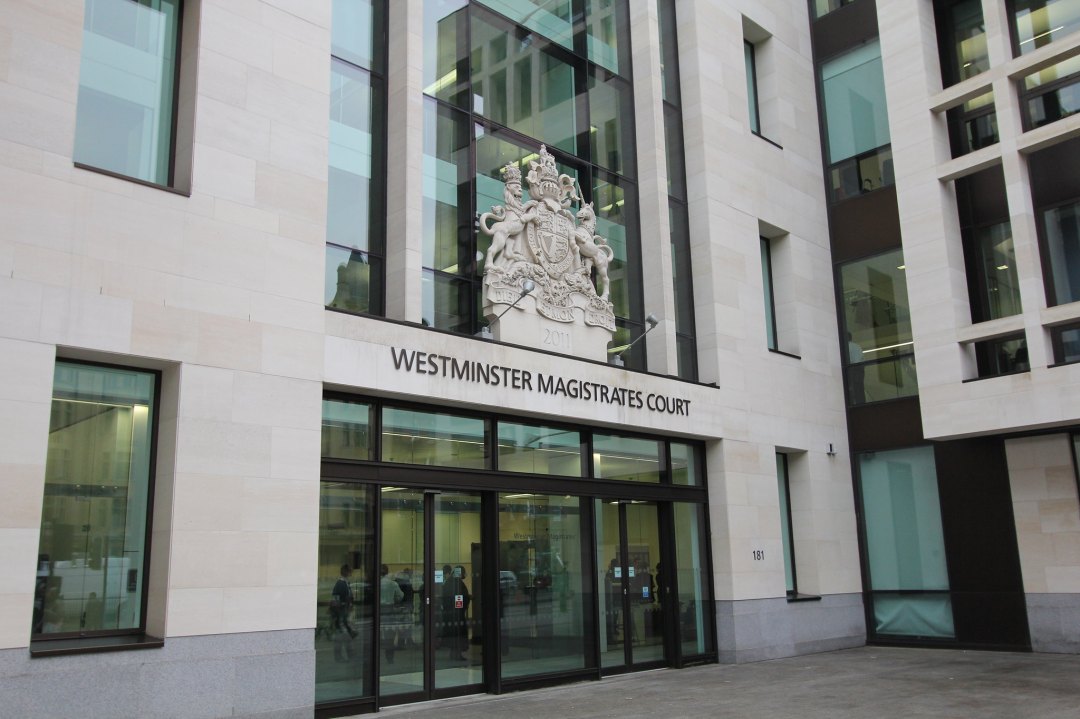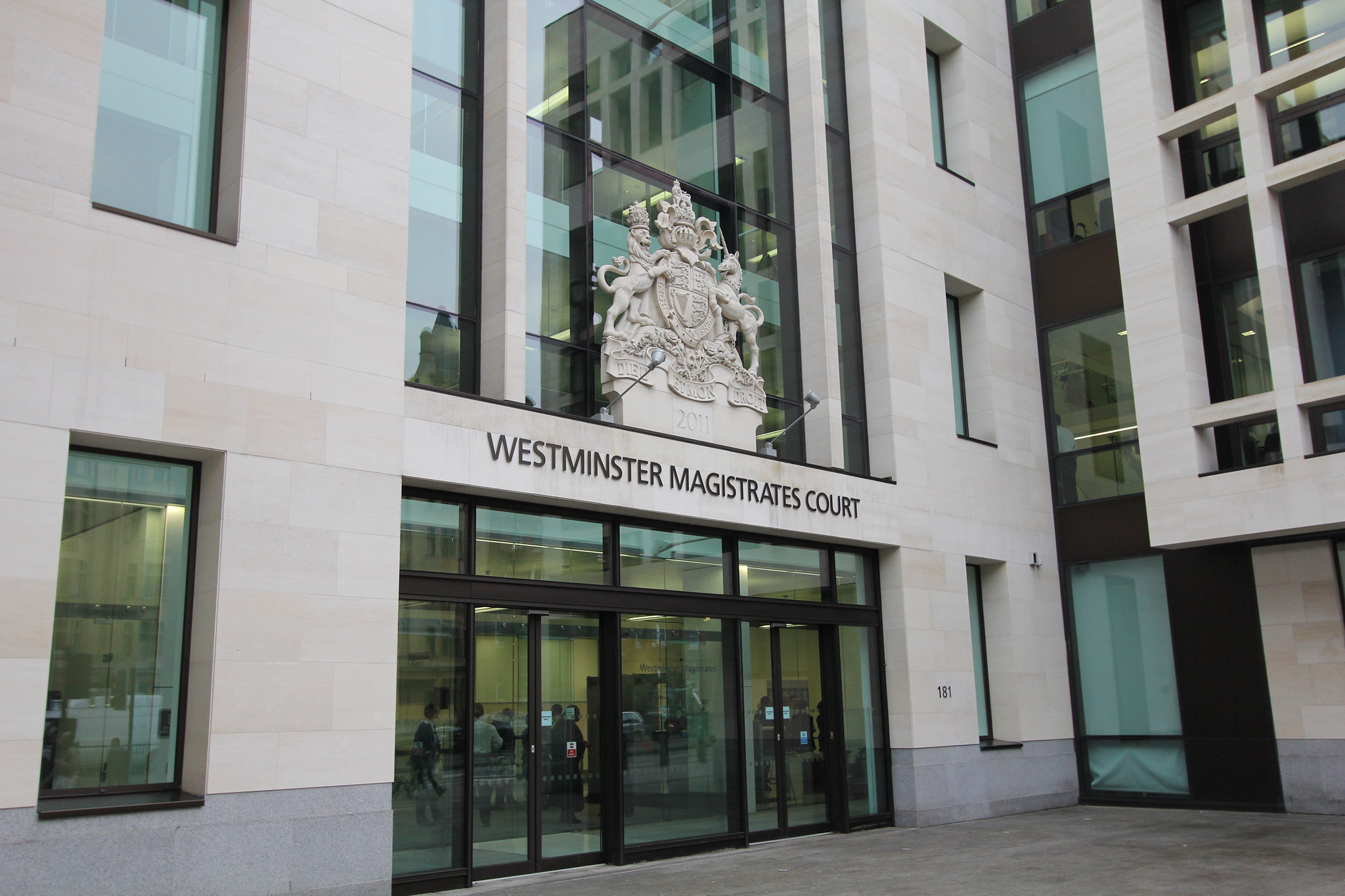The other night I returned to my Cheshire home following a 500-mile round trip to the south of England to defend a client accused of drink driving.
Along the way, I netted eight hours behind the wheel, one cheerless night in a deserted hotel and a surfeit of grisly service station sandwiches. All for the princely return of spending fruitless hours in a draughty waiting room — only to be told very late afternoon that the court had run out of time.
How so? Three trials — including mine — had been listed for this particular courtroom. It only took one to get through the egg timer and monopolise the entire ‘court day’. And it wasn’t mine. As a result, despite robust protest, I was told my client’s case would be adjourned with a new date inked — pencilled? — in for several months later.
Now, the knee jerk response may well be, so what? Surely this is one for the string section of the bleeding hearts orchestra. Believe me, I’m well aware there may be little truck for fancy lawyers with a pelt of A-list clients moaning about time squandered, hours of preparation eviscerated or even a needless contribution to the carbon footprint (their problem for driving swank motors). That’s life, innit?
But actually no. It’s not life. It’s what you call a criminal justice system on life support. Where the very concept of fair play is threatened by a broken and archaic structure. The only chance for resuscitation from total collapse is swift, decisive action.
Even before the pandemic, criminal courts were overtaxed and overloaded. Now they are buckling under the backlog of more than 457,000 cases — some 100,000 more than before the pandemic struck. Inevitably some cases won’t be heard for years. Little wonder the Inspectorates for Policing, Prisons, Probation and Prosecutions say the current situation could damage the criminal justice system for years.
The impact on defendants caught in such a sclerotic system is incalculable. They arrive at court following months of worry; with an expectation their case will be heard. Already they feel intimidated by the court atmosphere and are profoundly anxious about how their trial might go. When the case is adjourned the strain on their mental health can be immeasurable
Meanwhile their brief, fired up to field a white-hot defence, is told to mothball their legal arguments for who knows how long. As lockdown teenagers will testify, can there be anything more crushing than working hard for an exam only to be told the paper has been cancelled? Yet the system treats those who move within it with barely concealed contempt.
And how can justice be served by the passage of time? The further courts drift from the events of the original charge, the greater the scope for less accurate or convincing evidence from witnesses. Recollections may dim, even with contemporaneous documents.
So what can be done with a system predicated on delay and sluggish mismanagement? Where the expectation, thanks to the poor management of court time, is one of inevitable postponement? In short the system needs to be revolutionised, deconstructed and run like a private business — with whip-sharp commercial practice.
One change would be to junk administrative hearings — the obligatory pre-trial parlour games where prosecution and defence meet in front of a presiding judge to argue about what can be disclosed before the trial. This is a needless, time-squandering, court-absorbing exercise. Instead just let the prosecution turn up at the first hearing date with full disclosure (i.e. all the evidence) and witness availability.
If we strip away administrative hearings — and the time they waste — we could return to the days when prosecutor and defence lawyer would meet on the day of the trial. Two capable, competent advocates without need of micromanagement who simply want to do battle in pursuit of justice.
Another major problem is the brevity of the court day. Traditional hours generally span a 10 a.m. start to 4.30 p.m. finish. Yet three trials can be listed with scant regard for such a slender timetable.
How can we feel the crisp rhythm of justice when courts keep the hours of a stately home tearoom? At the very least, courts should mirror the broadly accepted nine-to-five of the working day, in order to wring every drop from available court time. Extending where necessary to unglue the pandemic logjam.
Sometimes, of course, adjournments are unavoidable — for example if a witness falls ill. Which is why it would also make sense for particular prosecutors to be assigned overall responsibility for a defendant`s case, with ownership of the file. It would mean they would be there to provide back-up for the harried colleague who finds the file dropped on their desk the afternoon before the adjourned trial. There is no passing the buck. Much like in private practice.
These, however, are general acts of reform. The current backlog needs more urgent attention. To fix it we need more space and more bodies,
That means even more Nightingale or temporary court houses — making use of empty civic buildings such as universities and libraries as venues for minor cases. Such sites wouldn’t require prior crash-testing or much adaptation — just desks, chairs and (just for frills) a kettle.
In tandem with more venues, we need more quasi-district judges. These appointments could be filled by experienced lawyers, perhaps those recently retired or stymied by delays themselves. A can-do combination of laser focus and legal knowledge would be a revelation for the backlog — as cases would be dealt with swiftly and forensically. And with little regard for the clock.
Justice is only as effective as the sum of its parts. All of these changes are in themselves minor tweaks and adaptations. They can be achieved. The government has been clear that throughout the pandemic that justice must continue to be done. In the future, it must always be protected.







Comments